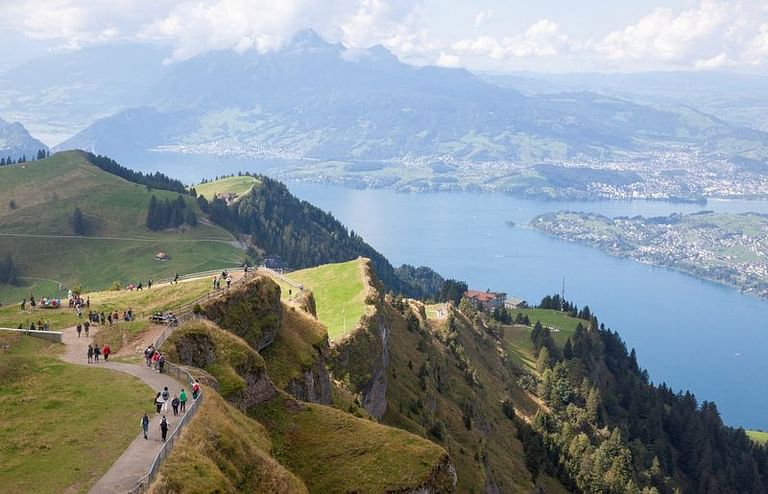BERLIN, March 13 – Tourists around the world, and particularly in Europe, are prioritizing greener travel but reluctant to shoulder the extra costs, according to studies and industry executives.
In Germany, the economic engine of the European Union, for example, 24% of travelers believe that ecological sustainability is an important criterion when booking holidays, according to a survey by the automobile association ADAC published this month.
But only between 5% and 10% would be willing to pay a moderate premium for sustainability, according to the survey of 5,000 people.
“The problem is that people don’t necessarily want to pay more for sustainability,” says Charuta Fadnis, head of product strategy and analytics at travel analytics firm Phocuswright.
This has left the industry wondering how to go greener as it grapples with tight margins and a post-pandemic recovery that continues to be hampered by global travel restrictions, such as the slow recovery of visas available for Chinese tourists.
Carbon offsets have been on the market for years and many airlines offer voluntary investment programs. But its acceptance has been limited and doubts remain about its real effectiveness.
Thomas Fowler, director of sustainability at Irish low-cost airline Ryanair, told Reuters earlier this year that few are willing to pay the few euros needed to take part in its carbon offset scheme.
“Less than 3% of our customers use it,” he said.
German flag carrier Lufthansa began offering more expensive “green fares” on some flights in February, with which it says it offsets its climate burden by 20% using sustainable aviation fuel (SAF) and 80% by financing climate protection projects.
This is an offer integrated into the price, unlike Lufthansa’s optional fares, whose acceptance was very low (0.1%), according to the company. A test of the new integrated offer in Scandinavia showed a modest but improved acceptance rate of 2%.
LOW BUDGET ECO-FRIENDLY
Younger generations are more committed to sustainability, says Fadnis. But if they’re not willing to pay a bit more up front, companies need to get more creative.
Many hotels, for example, ask customers to reuse their towels, while other travel services encourage tourists to adjust their habits by renting hybrid cars.
Some tour operators insist that climate-friendly tourism doesn’t have to cost a fortune and can sometimes even be the cheapest option, encouraging habits like reusable water bottles and cycling or public transport.
Slot reservations, which have become ubiquitous during the pandemic, have become a tool to avoid crowding and minimize the footprint of visitors locally.
The demand for greener offerings is helping some businesses, but certain demographics will continue to stubbornly resist even marginal price increases, especially those over 55.

